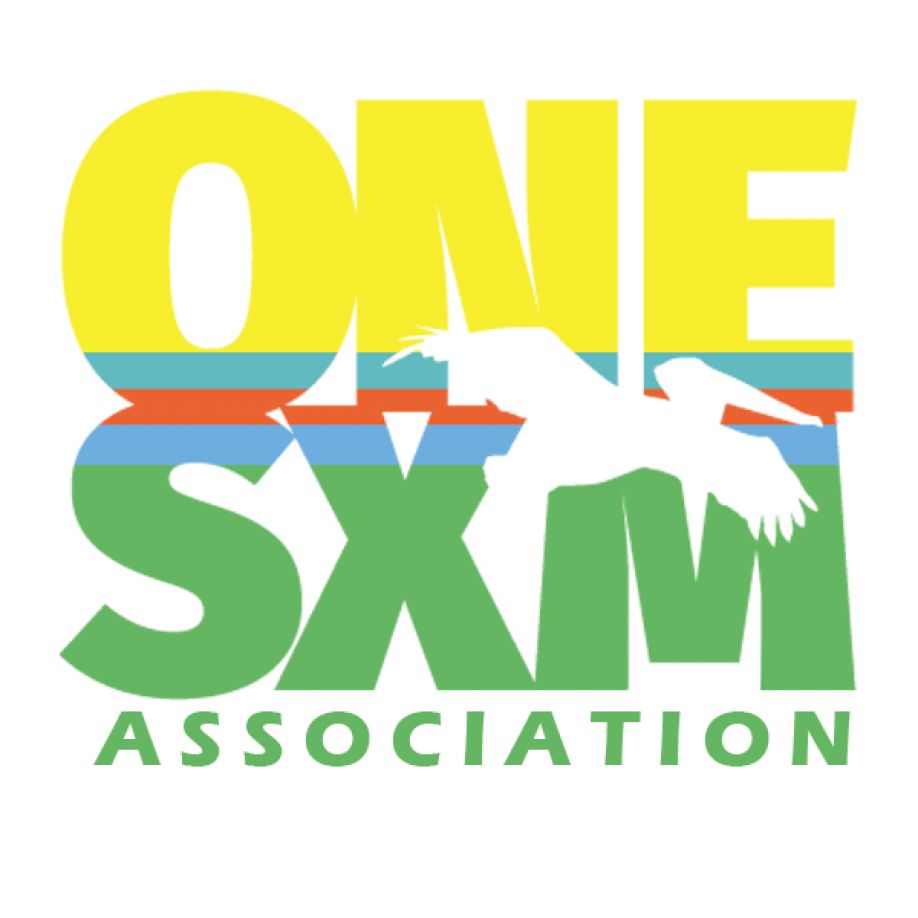One SXM Presents Reparations Claim on Behalf of St. Martin People Against the Netherlands

GREAT BAY — The One St. Martin (One SXM) Association, acting on behalf of the People of St. Martin, has submitted a formal claim for reparations against the Netherlands (also referred to as the Dutch or Dutch State). This significant claim is based on the historical injustices committed against the St. Martin People, stemming from Transatlantic Chattel Slavery (TCS) and Colonialism.
Throughout the Caribbean and on the island of St. Martin, the Dutch played a role in enslavement, trafficking, and the financing of the Transatlantic Slave Trade, primarily involving Africans who are the ancestors of the majority of the St. Martin People. In addition to these crimes, the Netherlands maintained colonial control over the region for many decades through various constellations, despite international calls for decolonization.
Both Transatlantic Chattel Slavery and Colonialism are acknowledged as crimes against humanity by the United Nations, with the Netherlands formally apologizing for its involvement in these crimes on two occasions in 2022 and 2023. However, the Prime Minister of the Netherlands later stated that discussions regarding reparations would not take place.
The Reparations Claim
One St. Martin, in alignment with the United Nations definition of reparations and CARICOM’s 10-point plan, has presented a comprehensive list of demands to the Netherlands on behalf of the St. Martin People. These demands encompass various aspects of rehabilitation, compensation, satisfaction, and guarantees of non-repetition. The key demands include:
1. Full Formal Apology: A formal apology from the Netherlands, with an unambiguous commitment to reparations by July 1, 2030.
2. Repatriation: Recognition of the rights of St. Martin People to return to their ancestral homeland, with compensation for the establishment of a Repatriation and Integration Program.
3. Indigenous Peoples Development Program: Compensation for an Indigenous Peoples Fund to support research, rehabilitation, and preservation of indigenous heritage on the island.
4. Cultural Institutions: Compensation for a Cultural Heritage Fund to construct and sustain cultural institutions such as museums, research centers, and national archives.
5. Public Health and Social Security: Compensation for a National Health and Social Security Service Fund to transition the healthcare system and provide free medical coverage.
6. Illiteracy Eradication: Compensation for an Illiteracy Eradication Fund to reform the education system, rooted in cultural identity, and ensure equitable access to high-quality education.
7. Higher Education: Compensation for a public National University of St. Martin and scholarships for students to study at global institutions.
8. Salt and Agriculture: Compensation for labor and salt removal, as well as an Agricultural Fund for self-sustaining infrastructure.
9. African Knowledge Program: Compensation for an African Studies Fund to restore knowledge and facilitate exchange programs.
10. Transfer of Technology: Funding for a Knowledge Commission Fund to incorporate global trends into education.
11. Rehabilitation for Psychological Trauma: Compensation for a Psychological Rehabilitation Fund to address intergenerational psychological trauma.
12. Bestowing Justice: Compensation for a People Justice Fund to overhaul the justice system.
13. International Financial System Accessibility: Compensation for a National Bank Fund and removal of systemic barriers to international markets.
14. Climate Justice: Compensation for a Climate Justice Fund to address climate change impacts.
15. Debt Cancellation: Immediate cancellation of all debts and loans to and from the Netherlands.
The Basis of the Claim
The claim is rooted in the fact that the Netherlands created the policies and benefited from the enslavement of Africans and the subsequent underdevelopment of St. Martin. Acknowledging its involvement in Transatlantic Chattel Slavery and Colonialism, the Netherlands issued apologies but is now called upon to repair the harm caused by these actions.
Conclusion
One St. Martin’s reparations claim seeks justice and restoration for the St. Martin People, addressing the historical wrongs of Transatlantic Chattel Slavery and Colonialism. While specific figures are yet to be determined, the claim emphasizes the Netherlands’ obligation to pay reparations and the importance of transitioning St. Martin to a self-reliant, sovereign state by 2030.
This claim is part of a broader global conversation on reparations and justice for historical injustices, highlighting the ongoing struggle for equality and recognition of the impact of past atrocities on present-day societies.
—


























